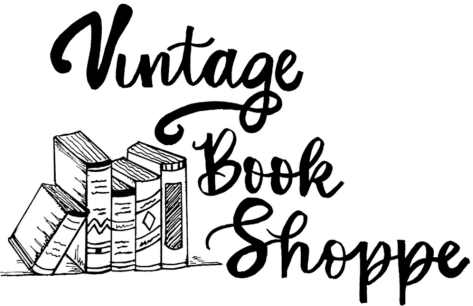Description
Paperback cover has some minor wear along the sides, scuffs and bending. Spine has some reading creases and wear. Pages have some blue underlining and marks are clean and the binding is secure.
This well-worn copy of “The Meaning and End of Religion” by Wilfred Cantwell Smith is a testament to the enduring significance of this groundbreaking work. Published in 1962, it challenged traditional Western notions of religion as a monolithic concept, arguing instead for a more nuanced understanding of diverse faith traditions. Smith, a renowned scholar of comparative religion, drew upon his extensive knowledge of Islam, Hinduism, and Buddhism to offer a fresh perspective that resonated deeply with readers seeking a more inclusive and pluralistic worldview.
The underlined passages and notes throughout the pages hint at the profound impact this book had on its previous owner, who undoubtedly grappled with Smith’s provocative ideas. For collectors and scholars alike, this copy represents a tangible link to the intellectual ferment of the 1960s, when traditional paradigms were being questioned and new horizons of understanding were being explored. Despite its well-loved condition, this book remains a invaluable resource for those seeking to deepen their appreciation of the rich tapestry of religious thought and experience.

![The Meaning and End of Religion [Paperback] Wilfred Cantwell Smith](https://vintagebookshoppe.com/wp-content/uploads/imported/The-Meaning-and-End-of-Religion-B00005WEMV.jpg)

![Creation Geology: A Study Guide to Fossils, Formations and the Flood (Creation Study Guides) [Paperback] Gerwitz, Felice and Whitlock, Jill](https://vintagebookshoppe.com/wp-content/uploads/imported/Creation-Geology-A-Study-Guide-to-Fossils-Formations-and-the-Flood-Creation-Study-Guides-1931941092-324x432.jpg)
![Kentucky [Sheet music] Carl Davis](https://vintagebookshoppe.com/wp-content/uploads/imported/Kentucky-B085X42LCP-324x444.jpg)